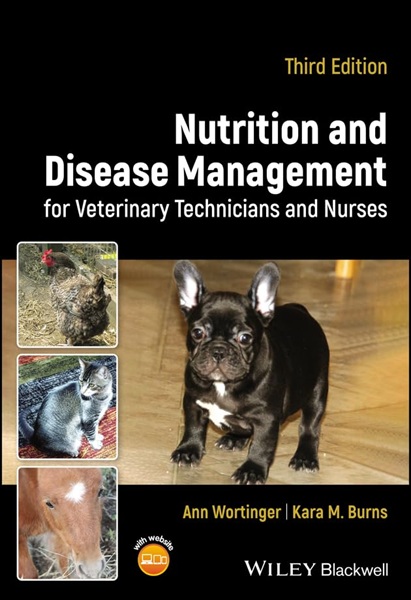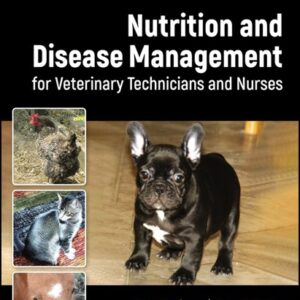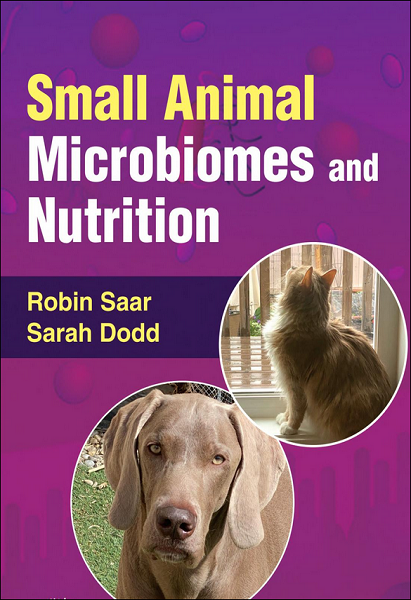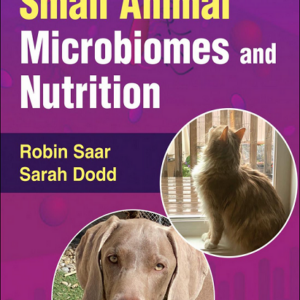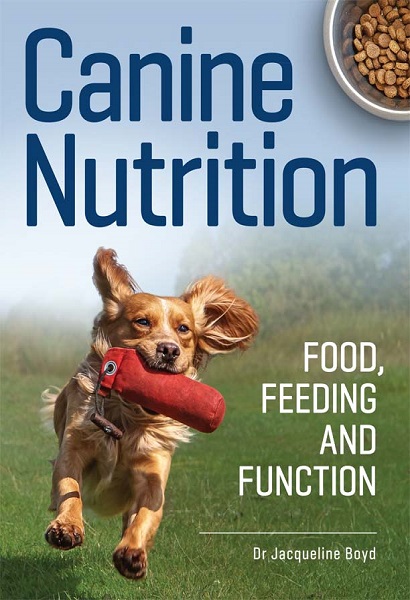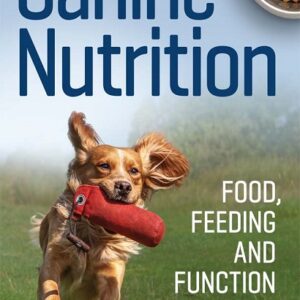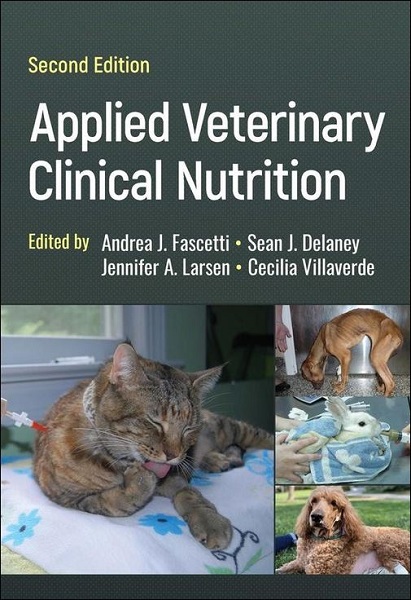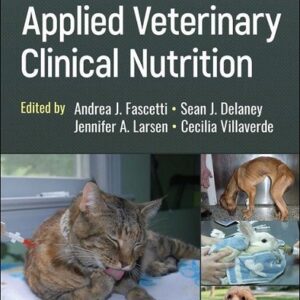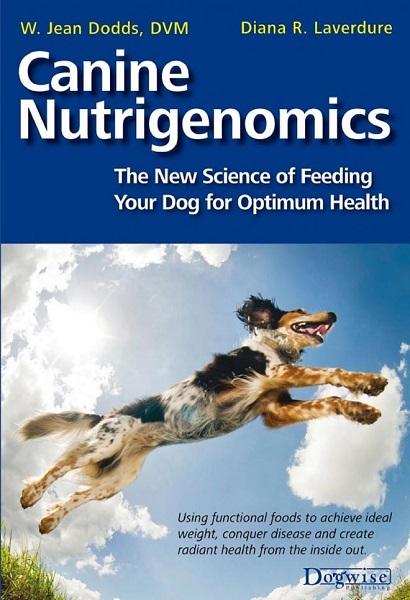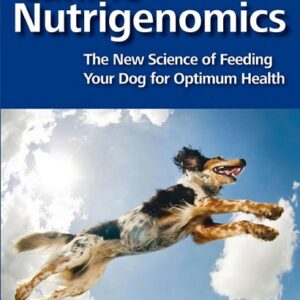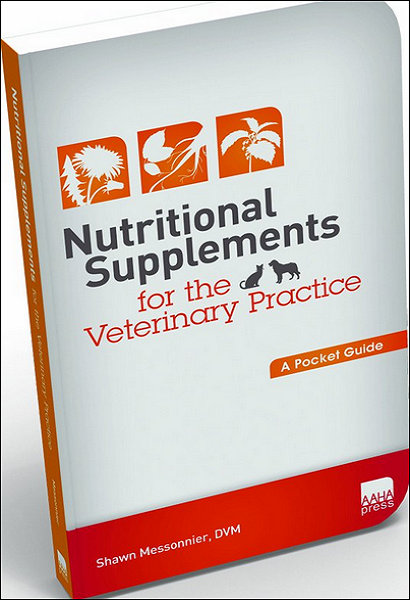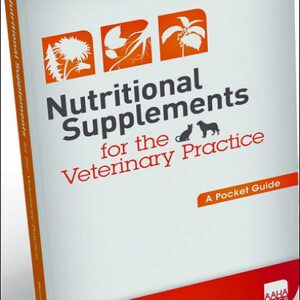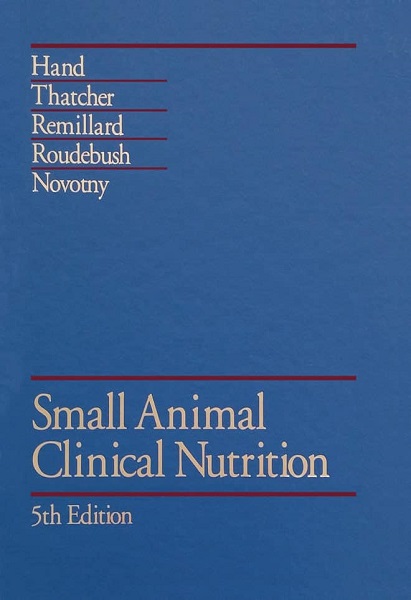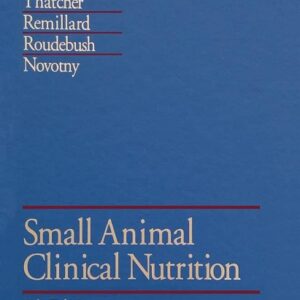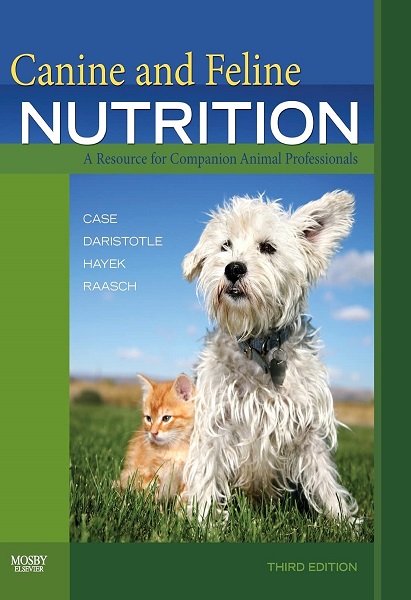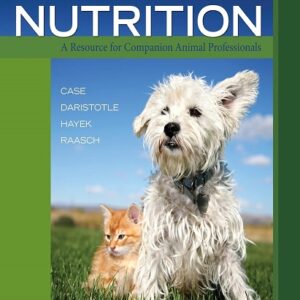Category: Food-Nutrition & Dietetics
Home > ANIMALS > SMALL ANIMAL-EXOTIC PET > Food-Nutrition & Dietetics
Food-Nutrition & Dietetics
Food and Nutrition for Dogs and Cats:
Dogs and cats have specific dietary needs based on their life stage, health, and activity level. Their diet should include proteins, carbohydrates, fats, vitamins, and minerals in balanced proportions. Dogs require a mix of animal and plant-based proteins, healthy fats, and fiber. They can digest carbohydrates, but protein remains their primary nutritional need. Cats, being obligate carnivores, need high-protein diets with essential amino acids like taurine, which is only found in animal-based proteins. They also require fatty acids and vitamin A from animal sources.
Food and Nutrition for Small Mammal Pets:
Small mammals, such as rabbits, guinea pigs, ferrets, and hamsters, have unique dietary requirements. Rabbits need a high-fiber diet consisting mainly of hay, fresh vegetables, and limited pellets; guinea pigs require vitamin C, which they cannot synthesize, so they need fresh vegetables and fortified pellets; ferrets are strict carnivores, needing a diet rich in animal protein and fat, similar to cats; hamsters and gerbils thrive on a mix of seeds, grains, and fresh vegetables, with occasional protein sources like mealworms.
Showing all 8 resultsSorted by latest
Food and Nutrition for Dogs and Cats:
Dogs and cats have specific dietary needs based on their life stage, health, and activity level. Their diet should include proteins, carbohydrates, fats, vitamins, and minerals in balanced proportions. Dogs require a mix of animal and plant-based proteins, healthy fats, and fiber. They can digest carbohydrates, but protein remains their primary nutritional need. Cats, being obligate carnivores, need high-protein diets with essential amino acids like taurine, which is only found in animal-based proteins. They also require fatty acids and vitamin A from animal sources.
Food and Nutrition for Small Mammal Pets:
Small mammals, such as rabbits, guinea pigs, ferrets, and hamsters, have unique dietary requirements. Rabbits need a high-fiber diet consisting mainly of hay, fresh vegetables, and limited pellets; guinea pigs require vitamin C, which they cannot synthesize, so they need fresh vegetables and fortified pellets; ferrets are strict carnivores, needing a diet rich in animal protein and fat, similar to cats; hamsters and gerbils thrive on a mix of seeds, grains, and fresh vegetables, with occasional protein sources like mealworms.
